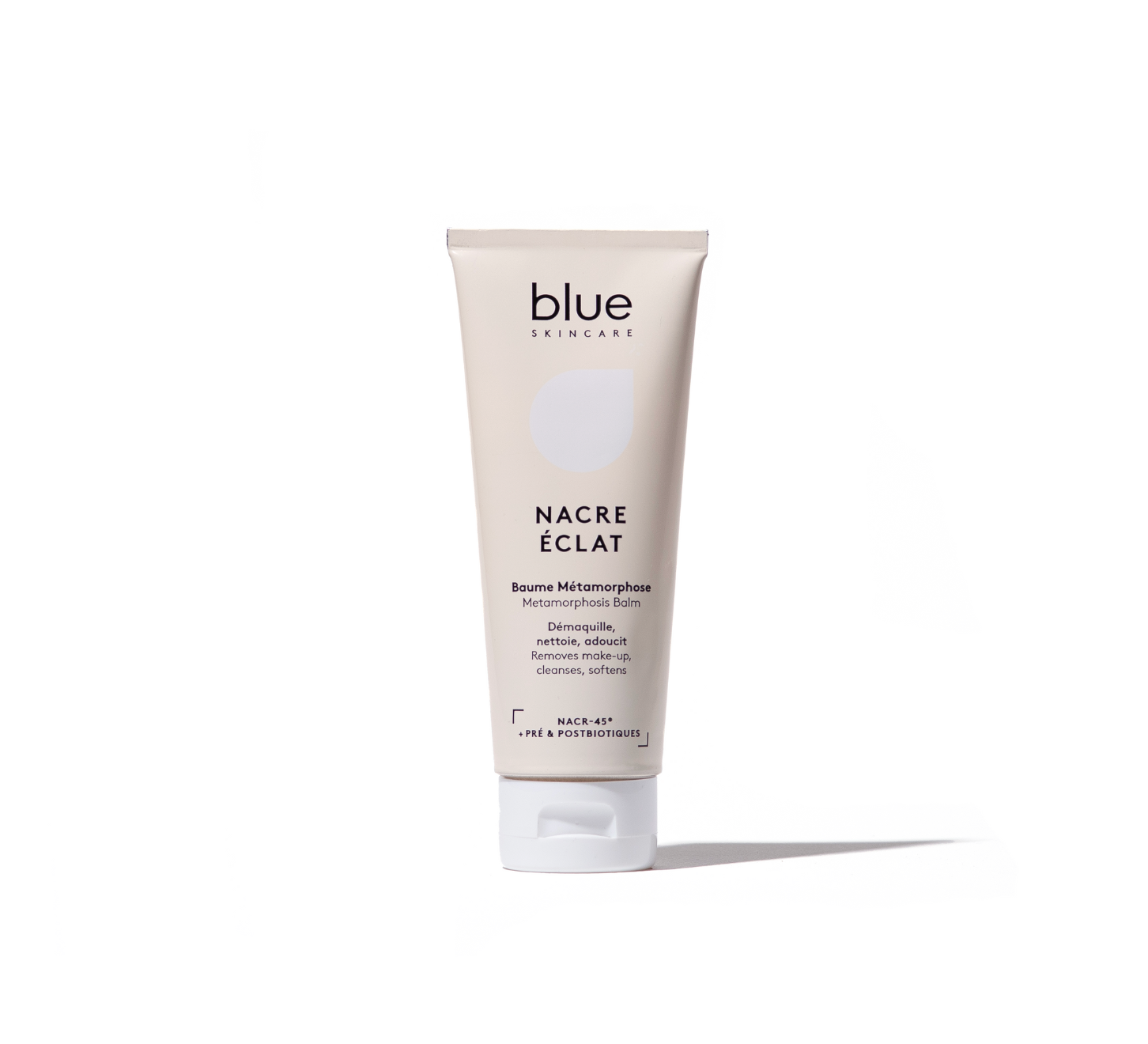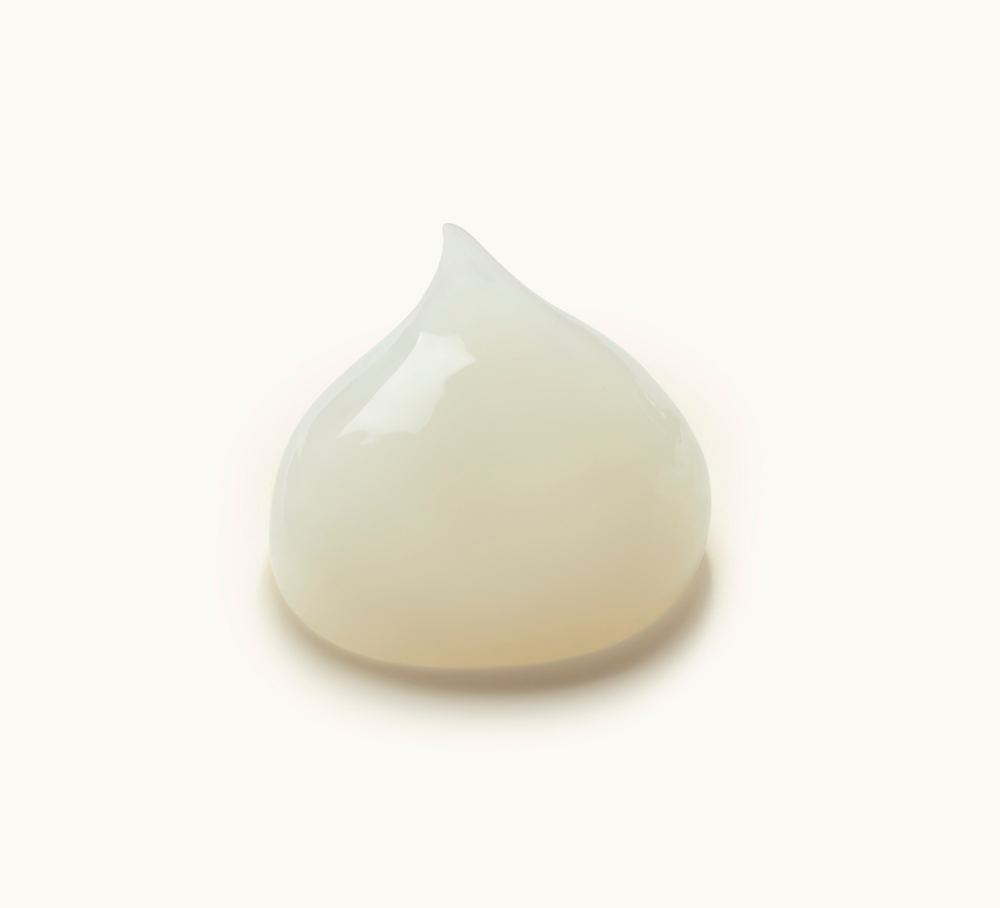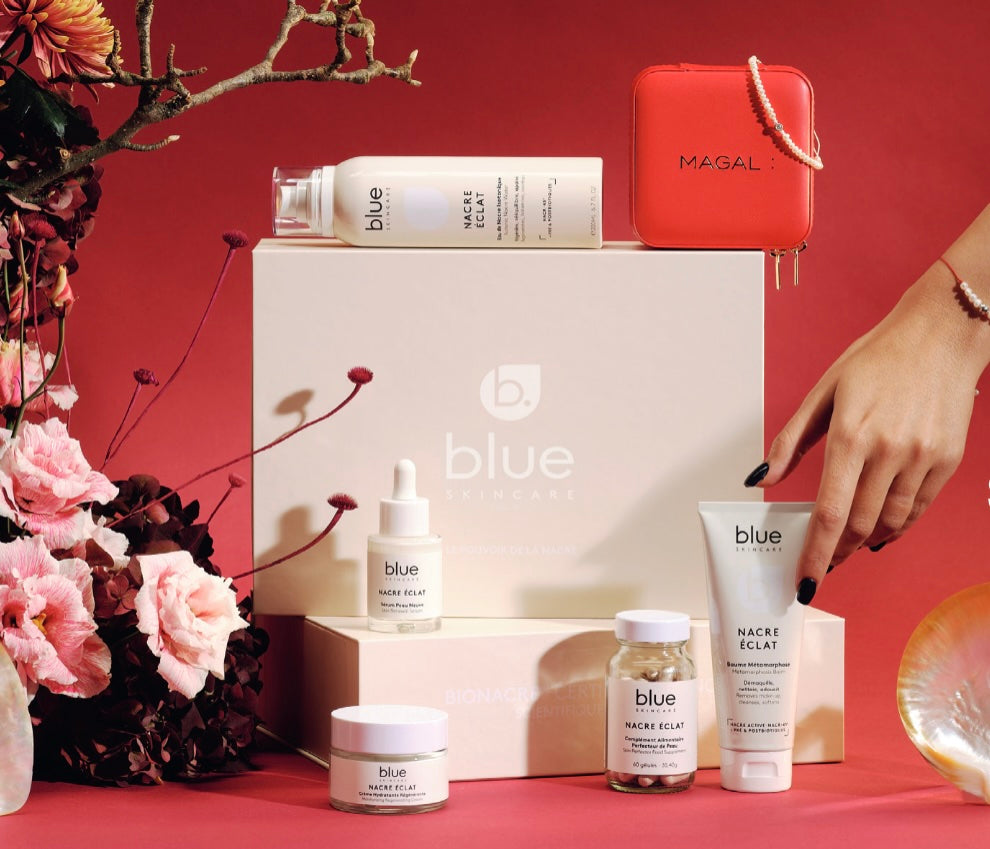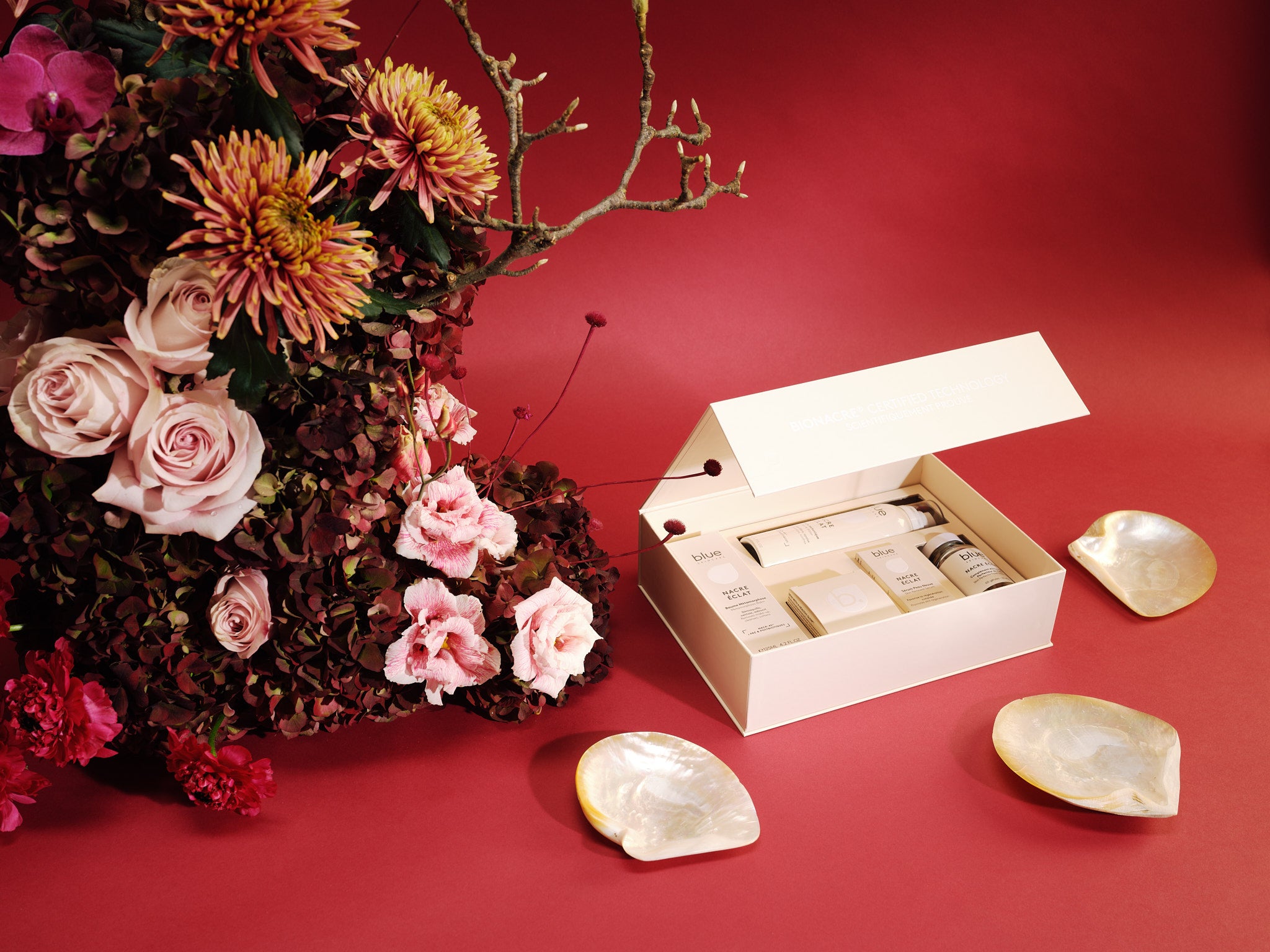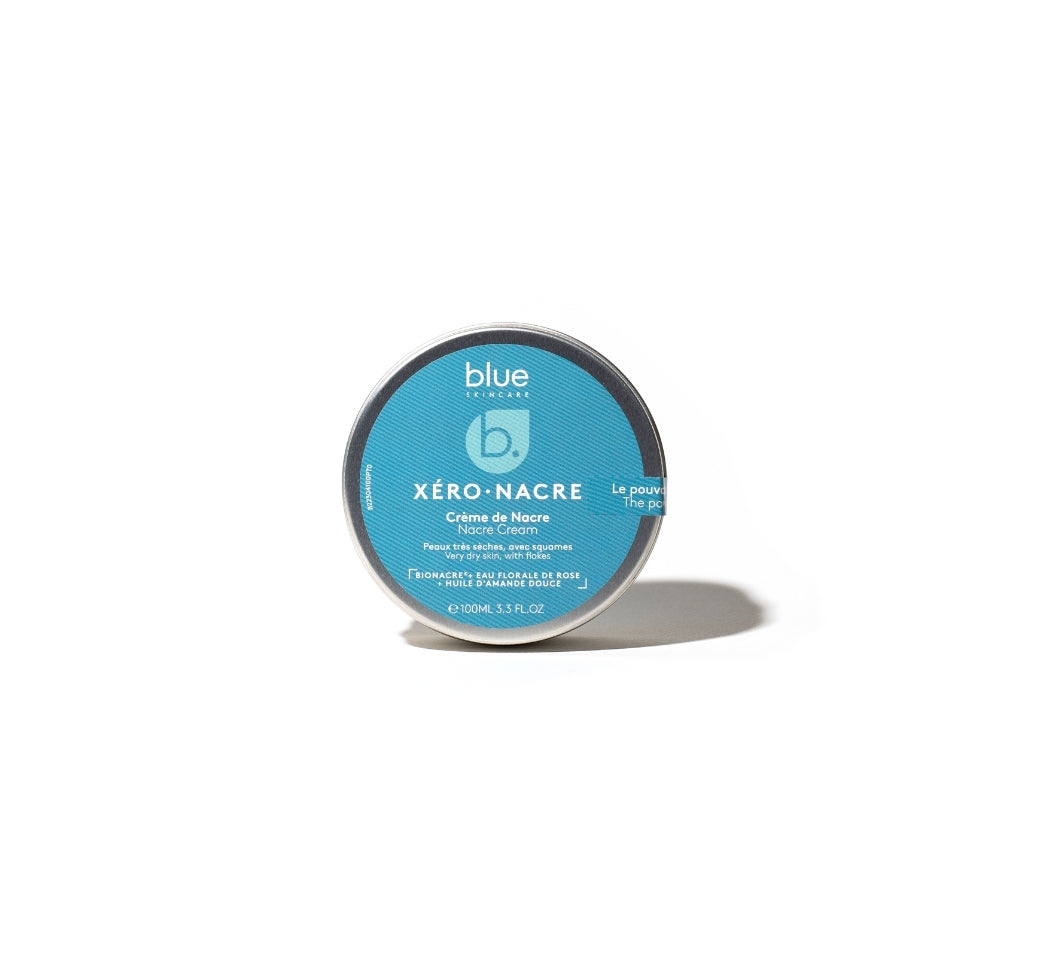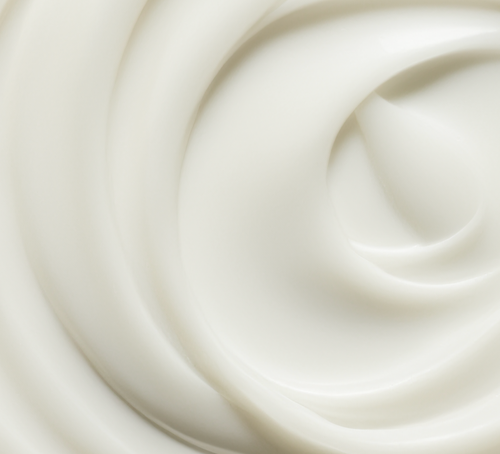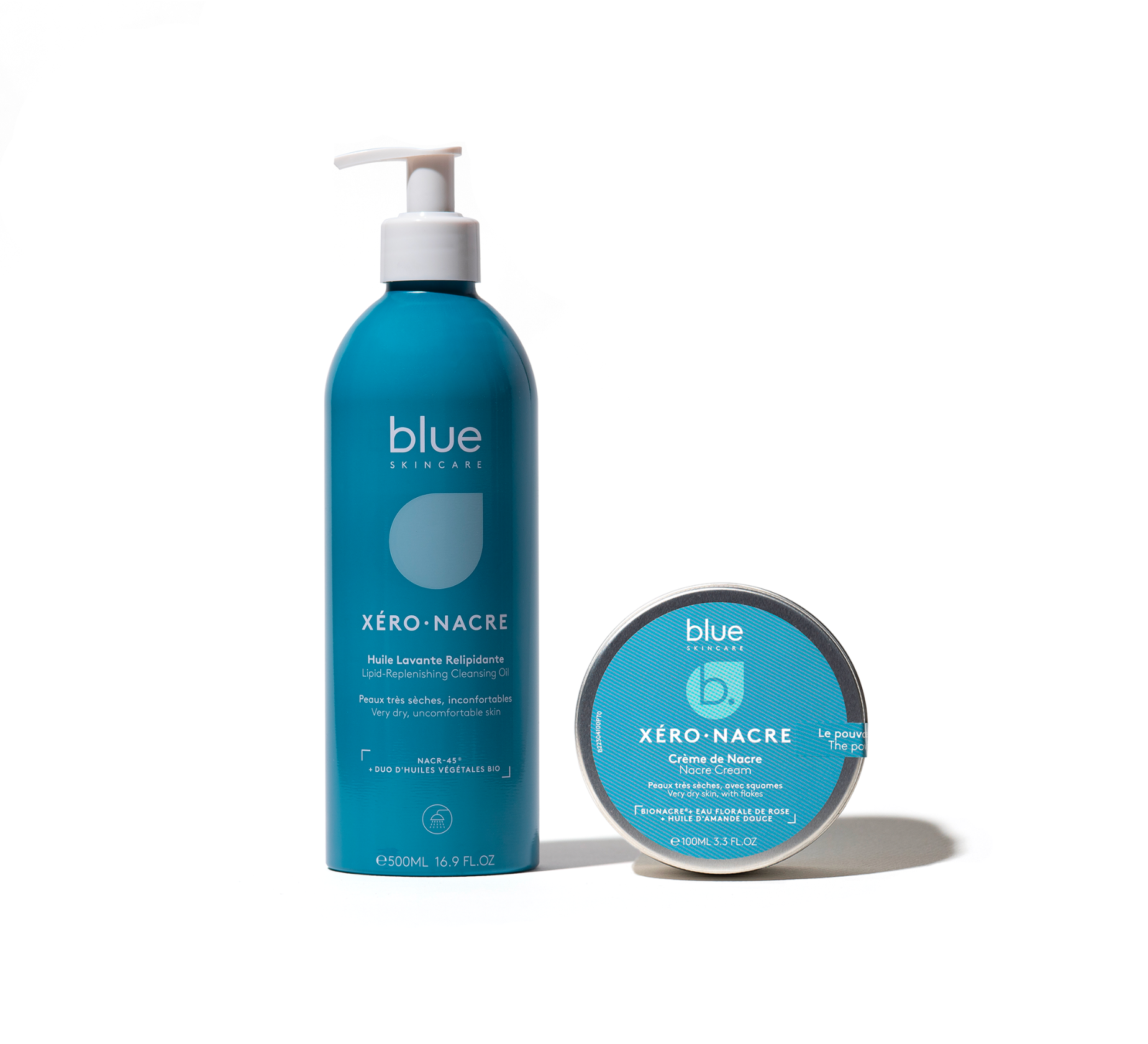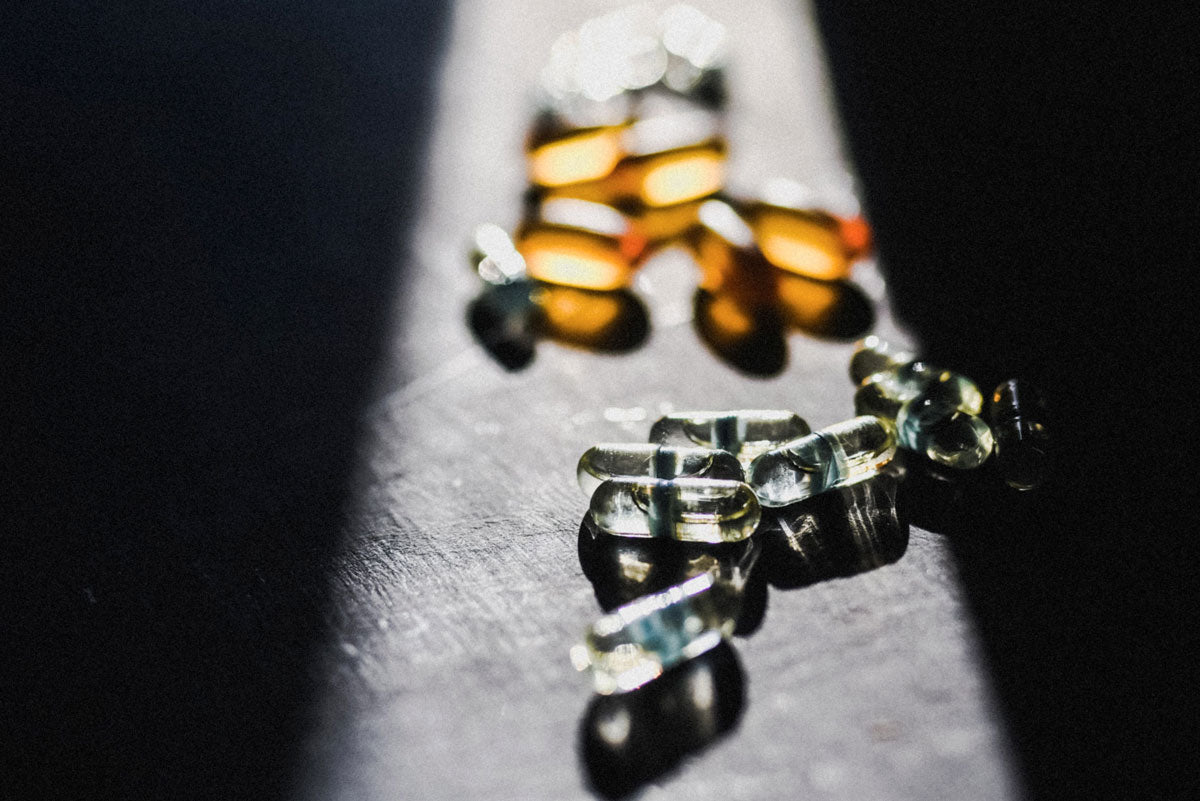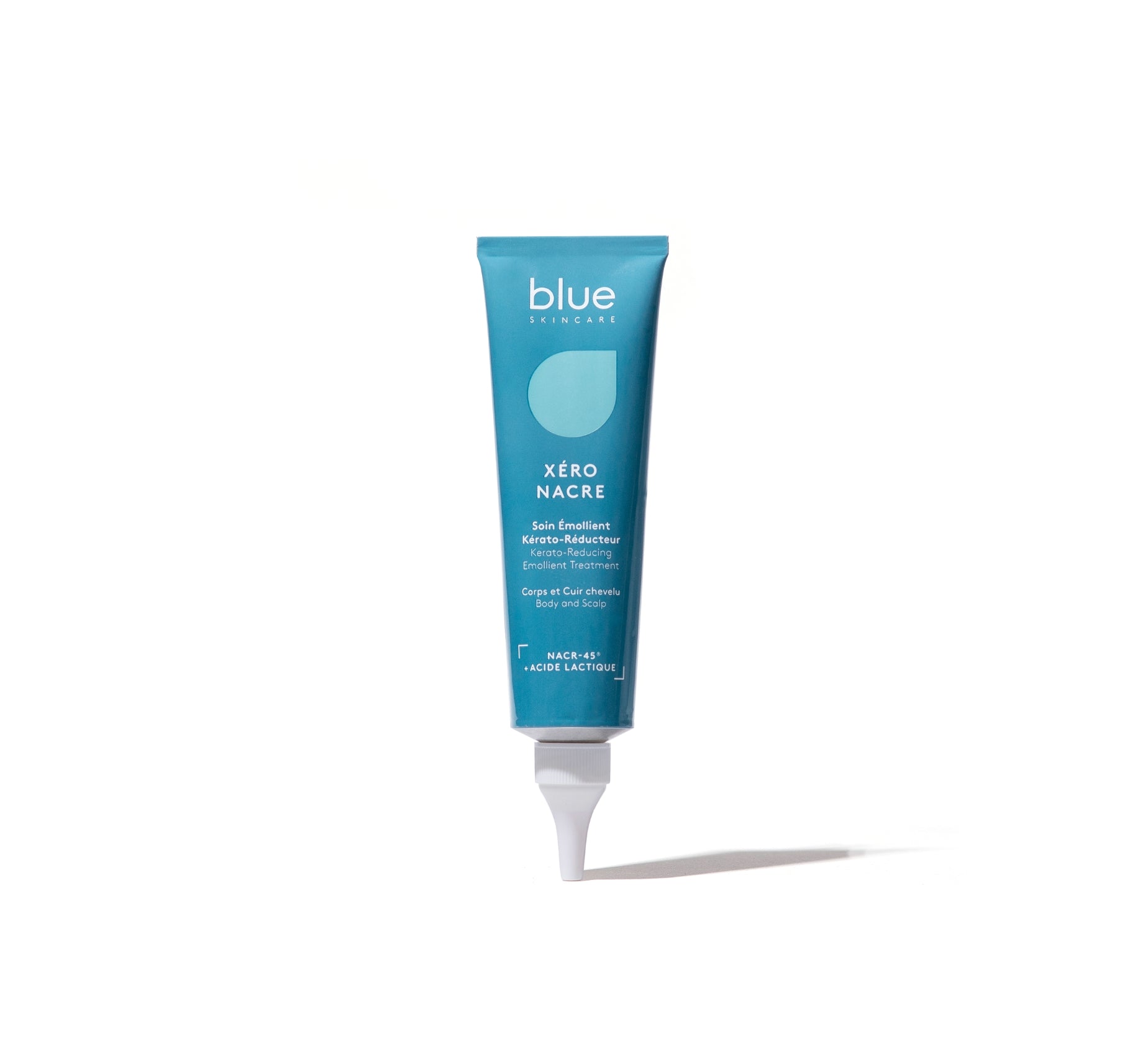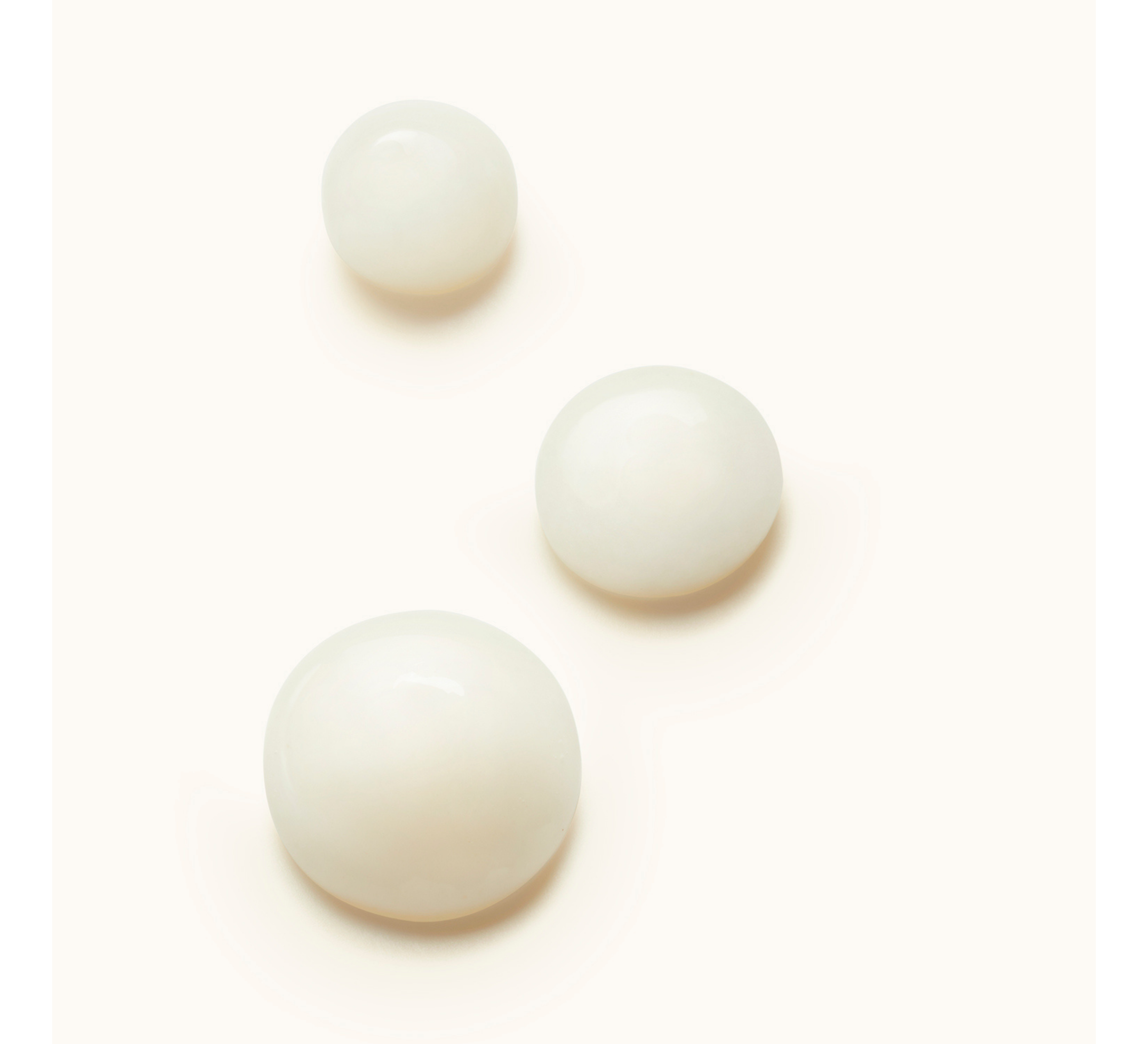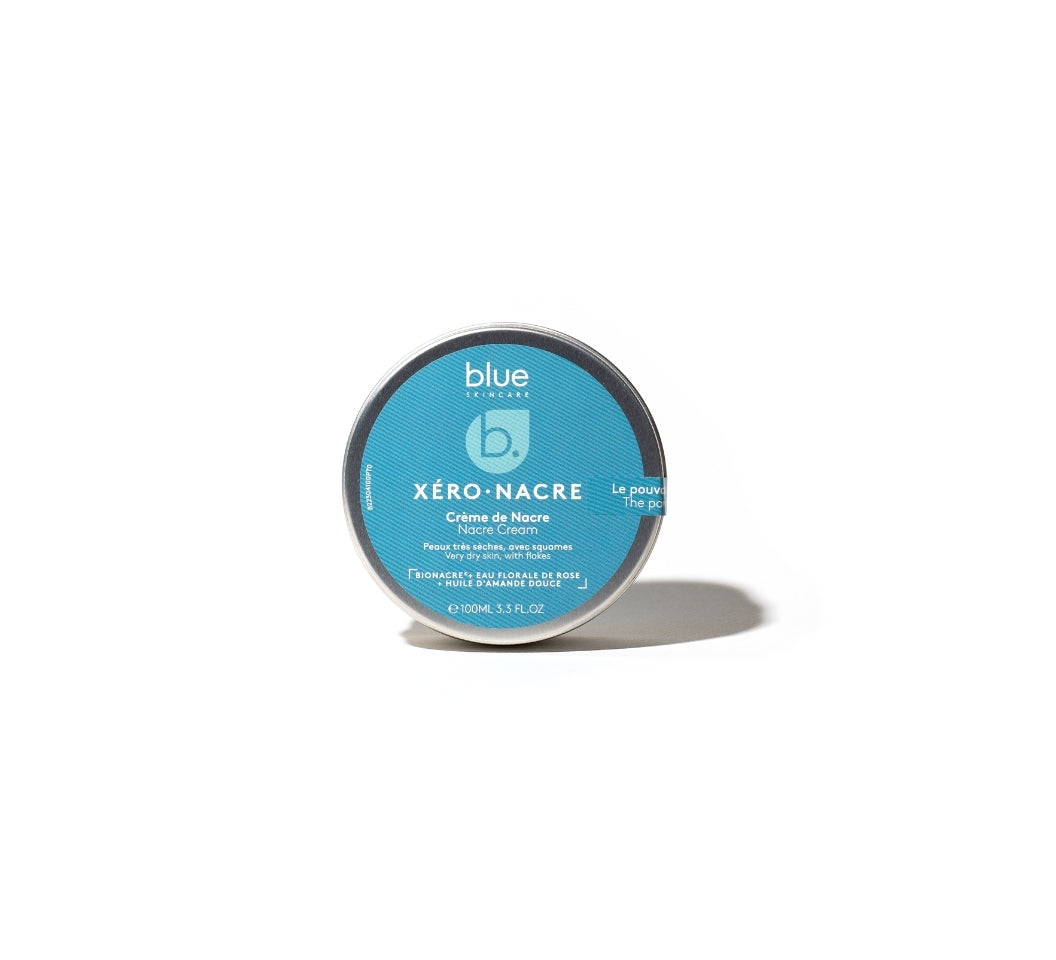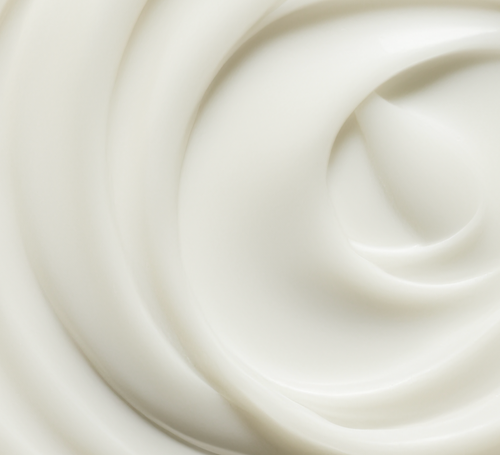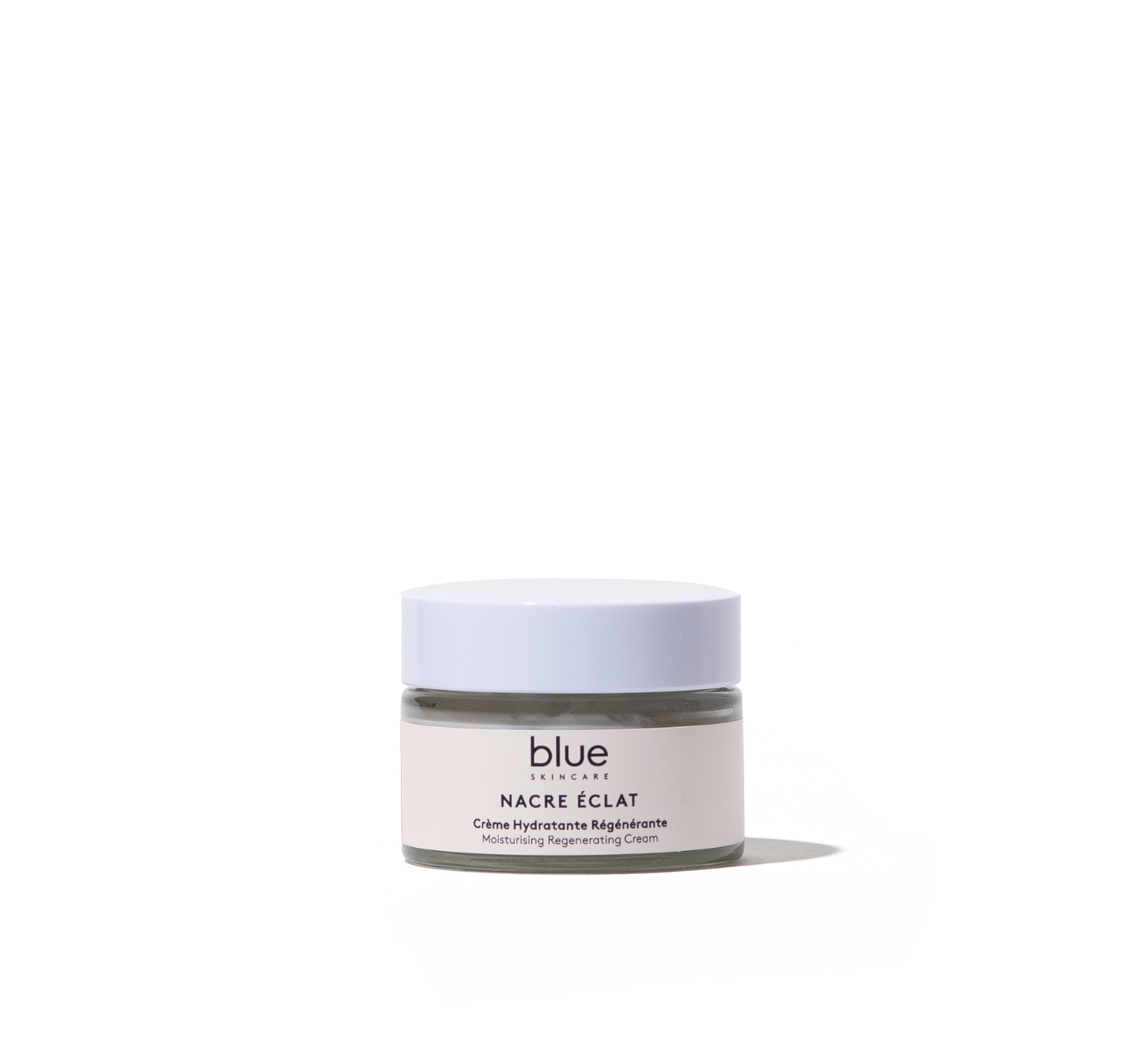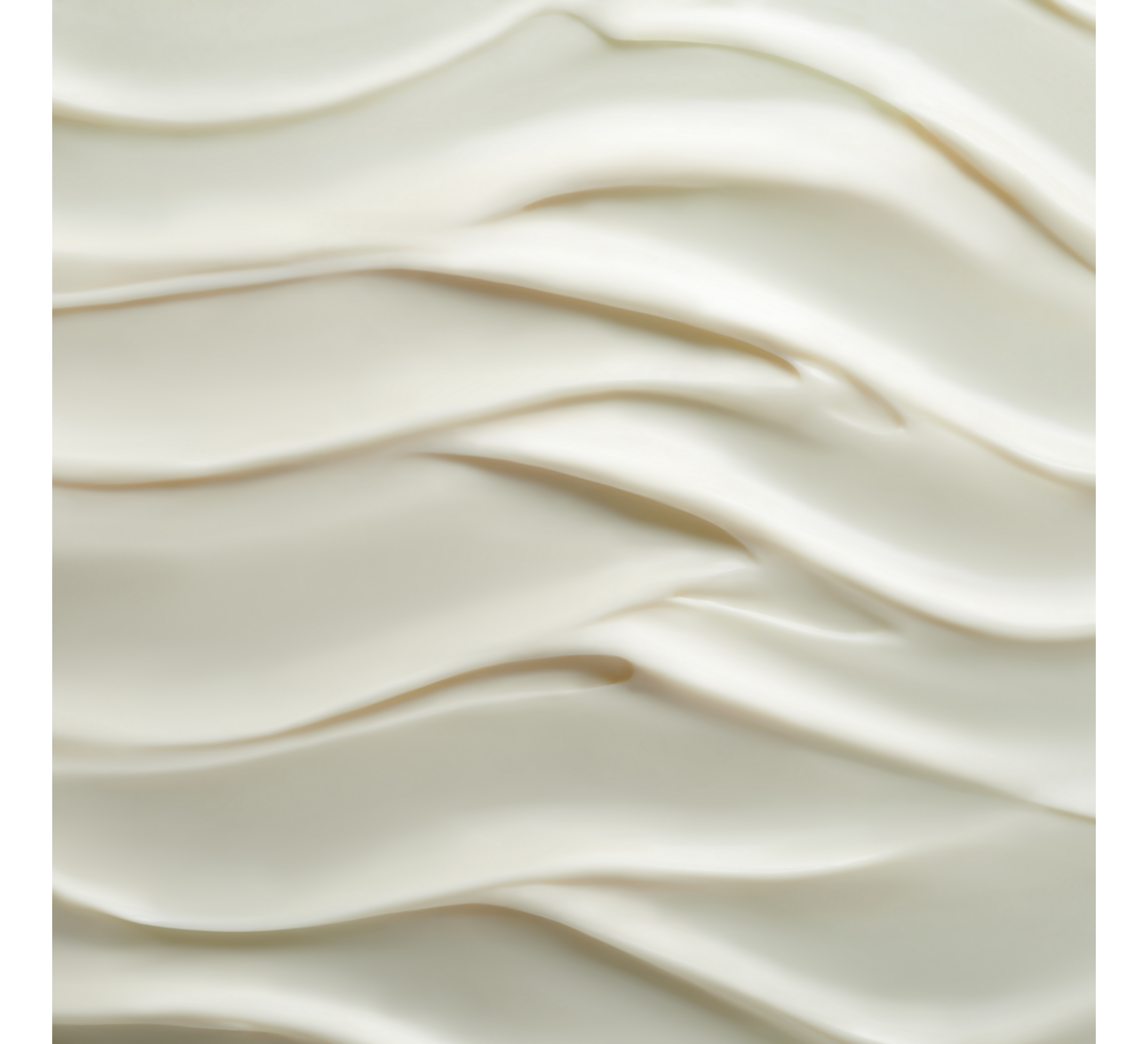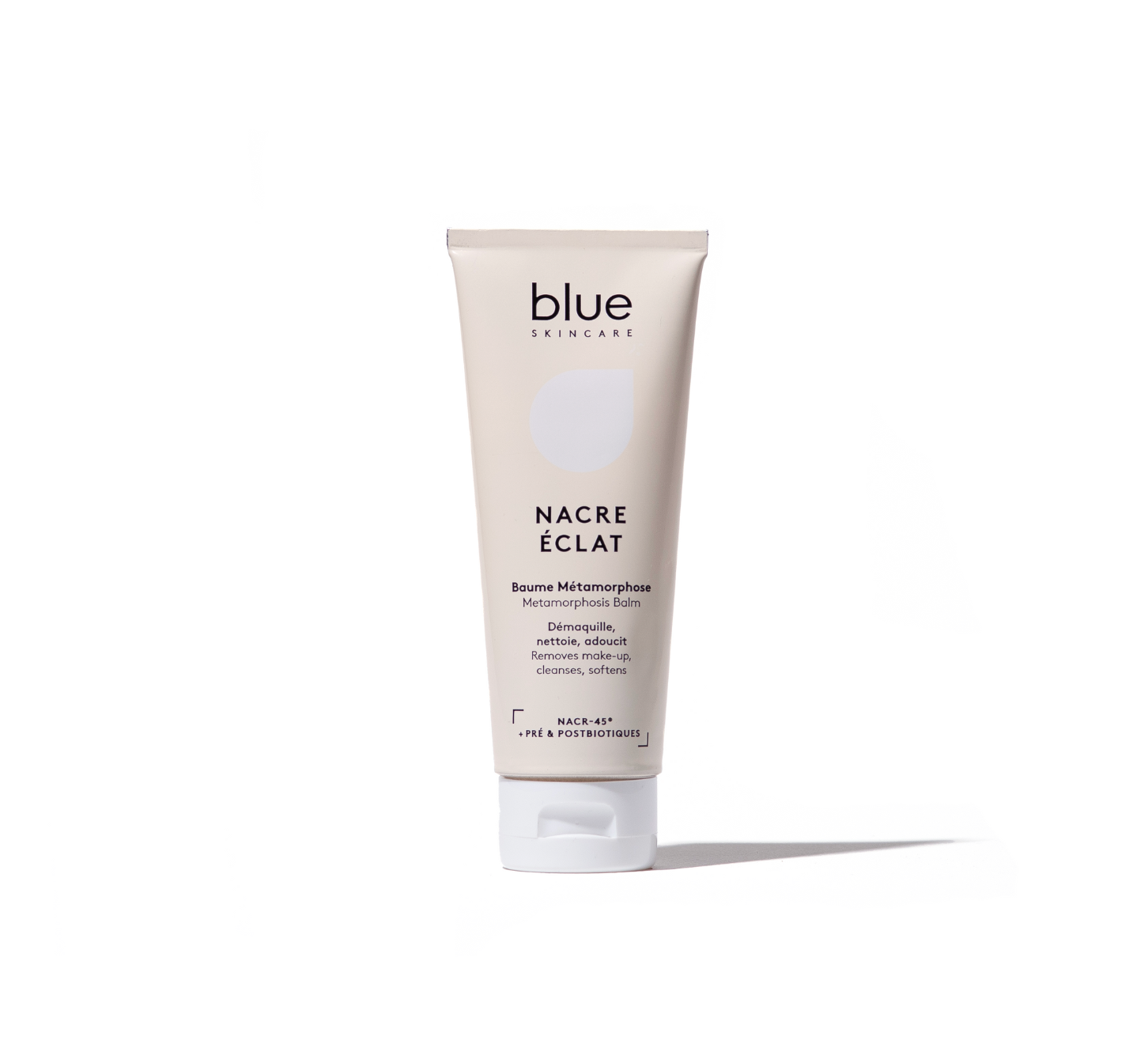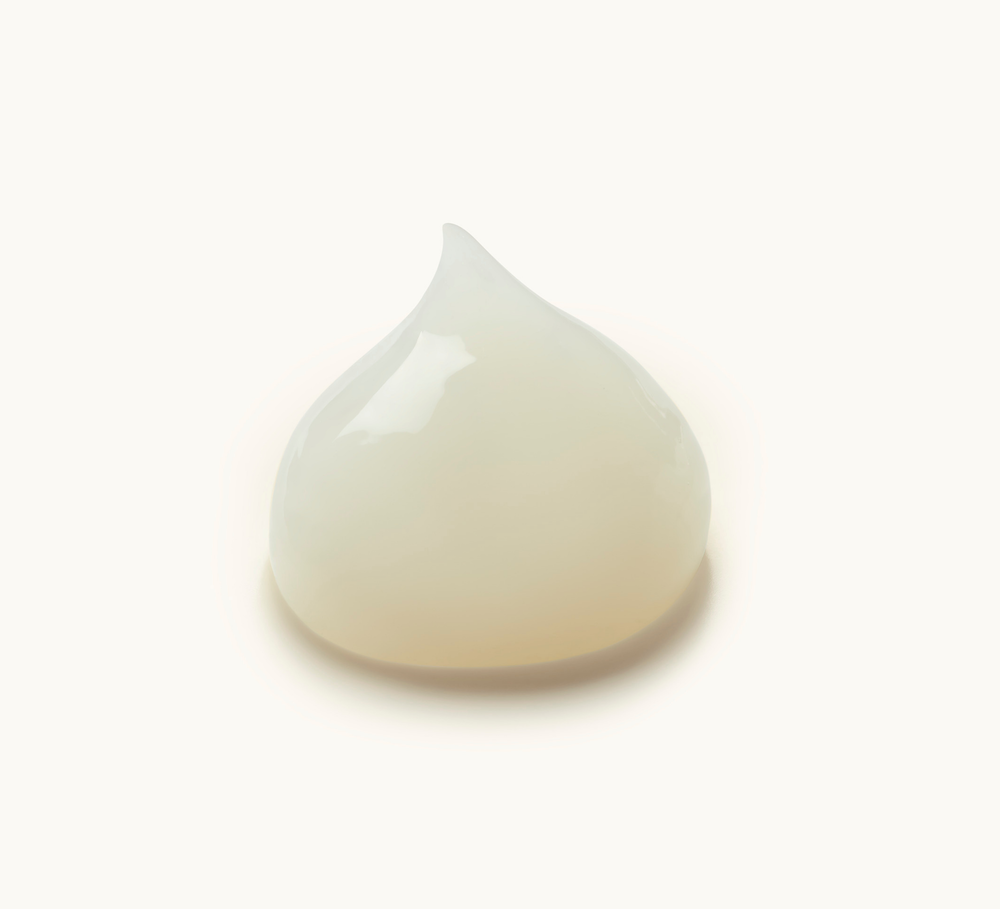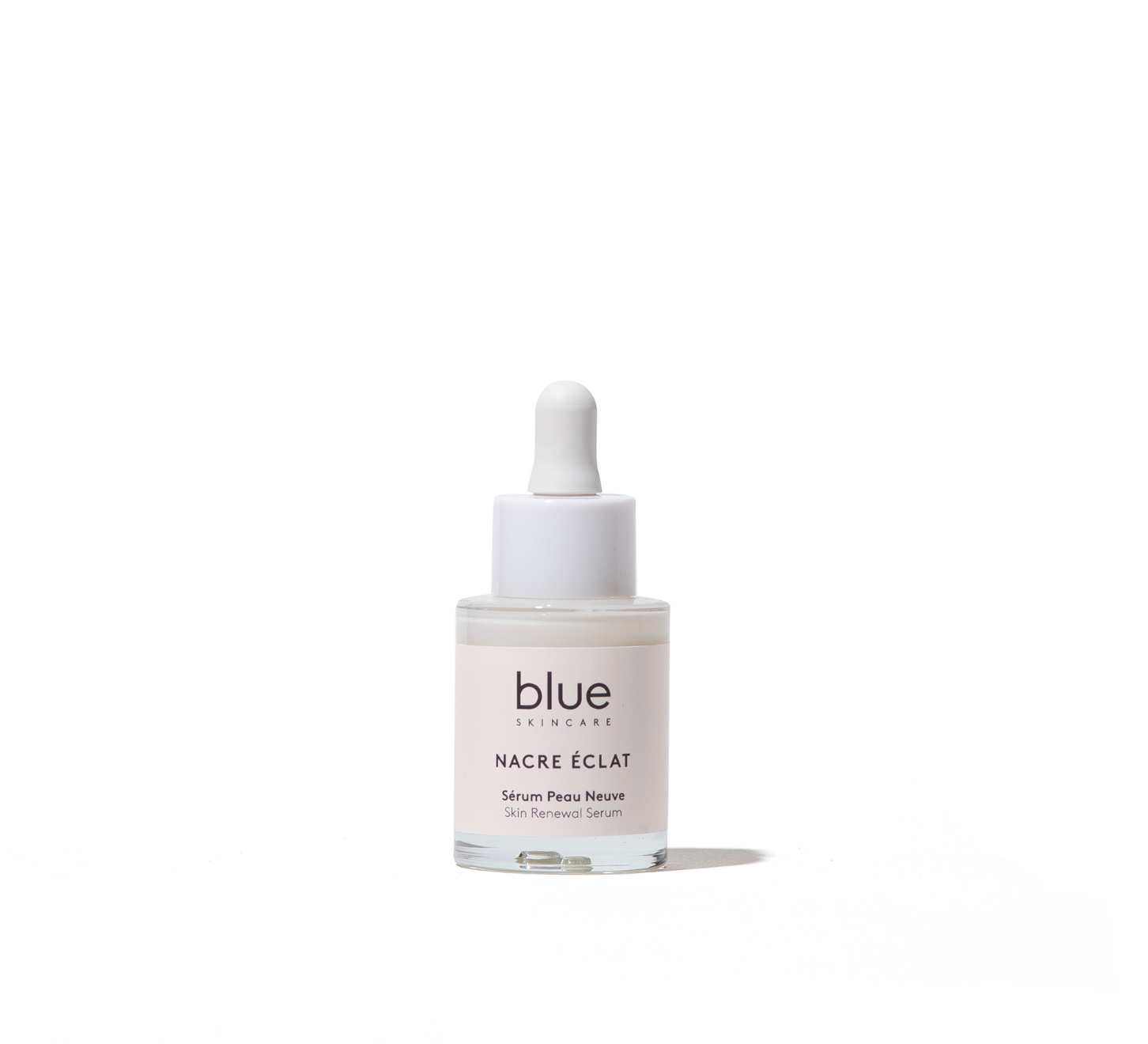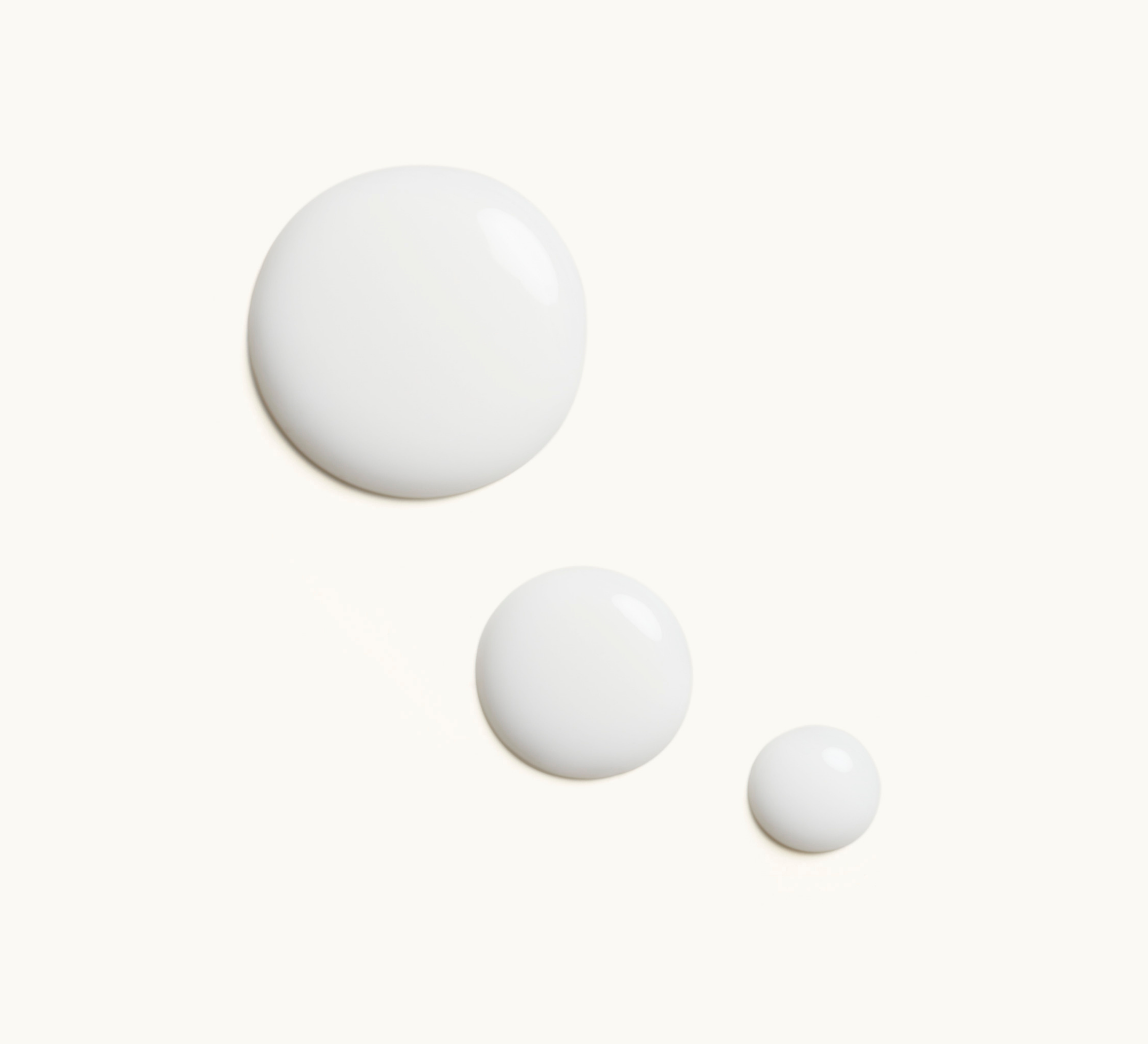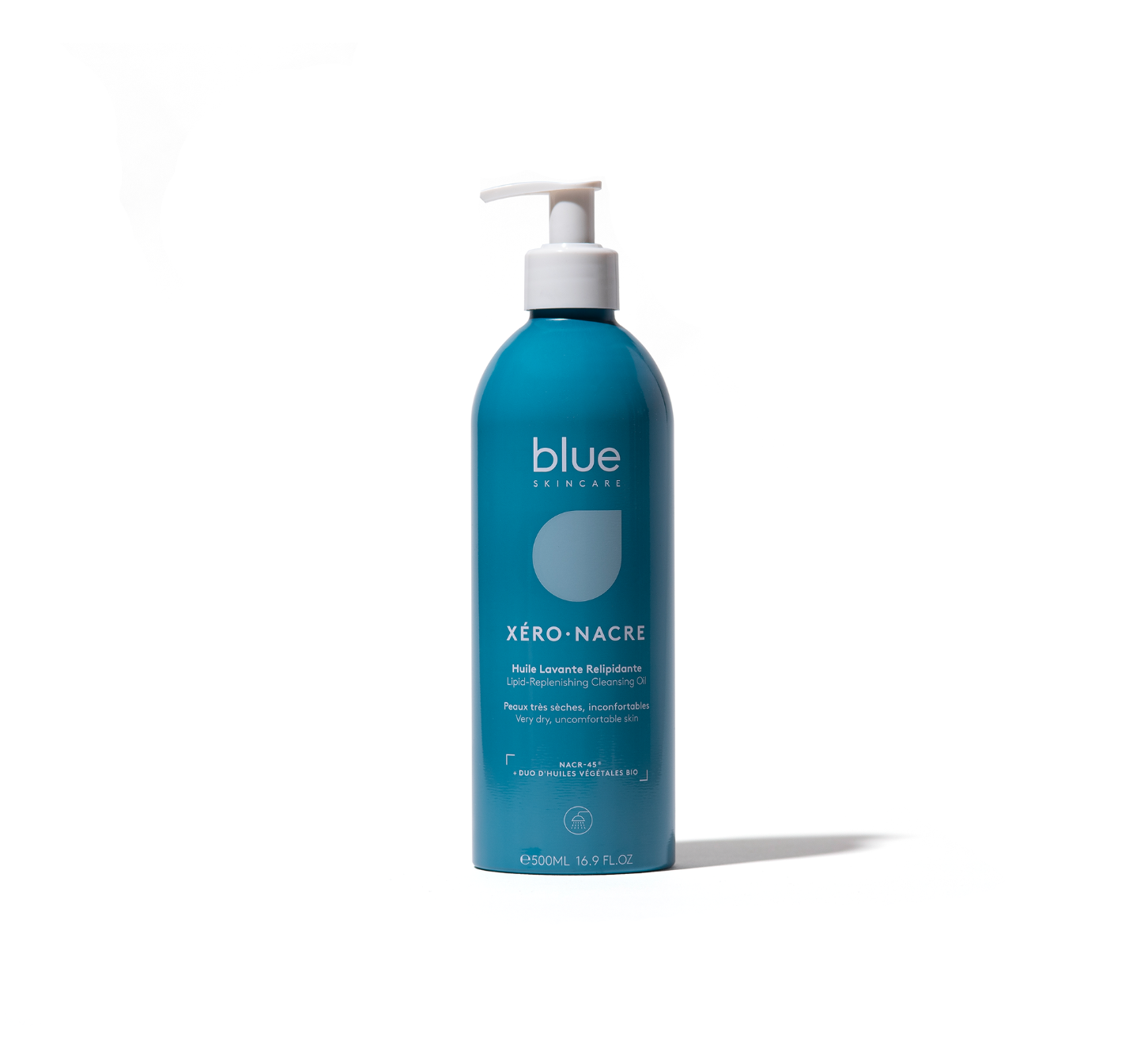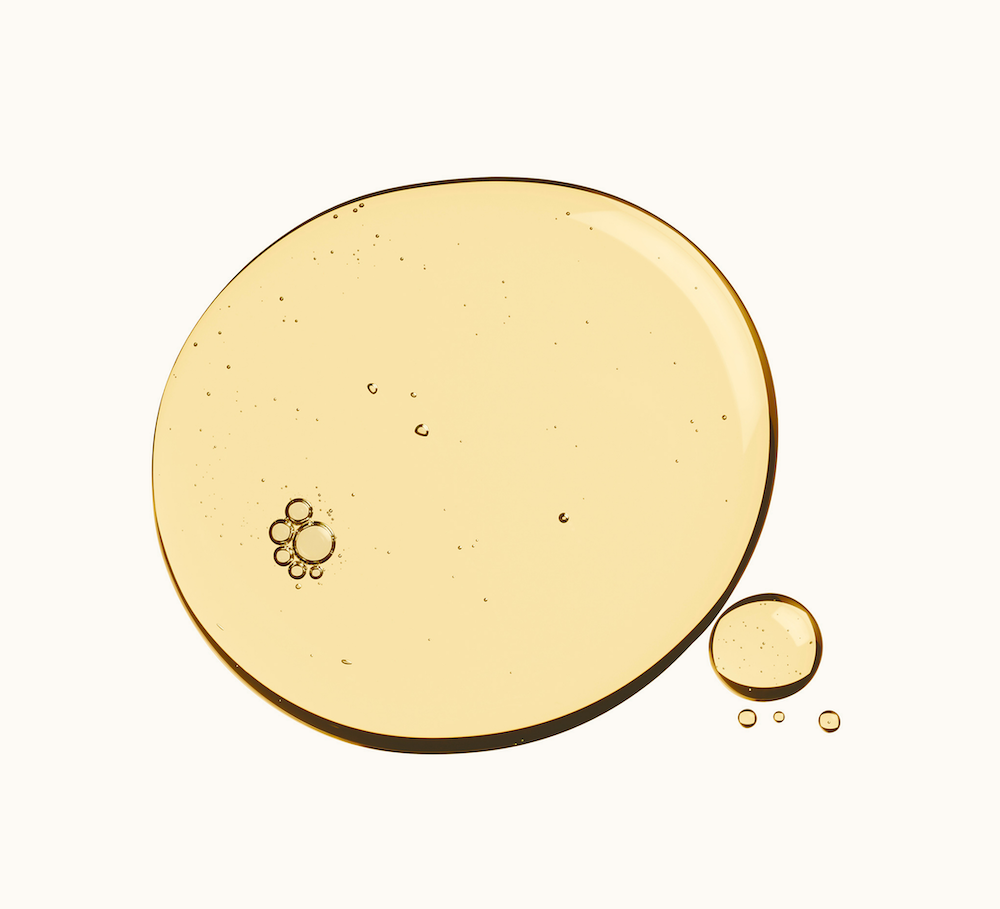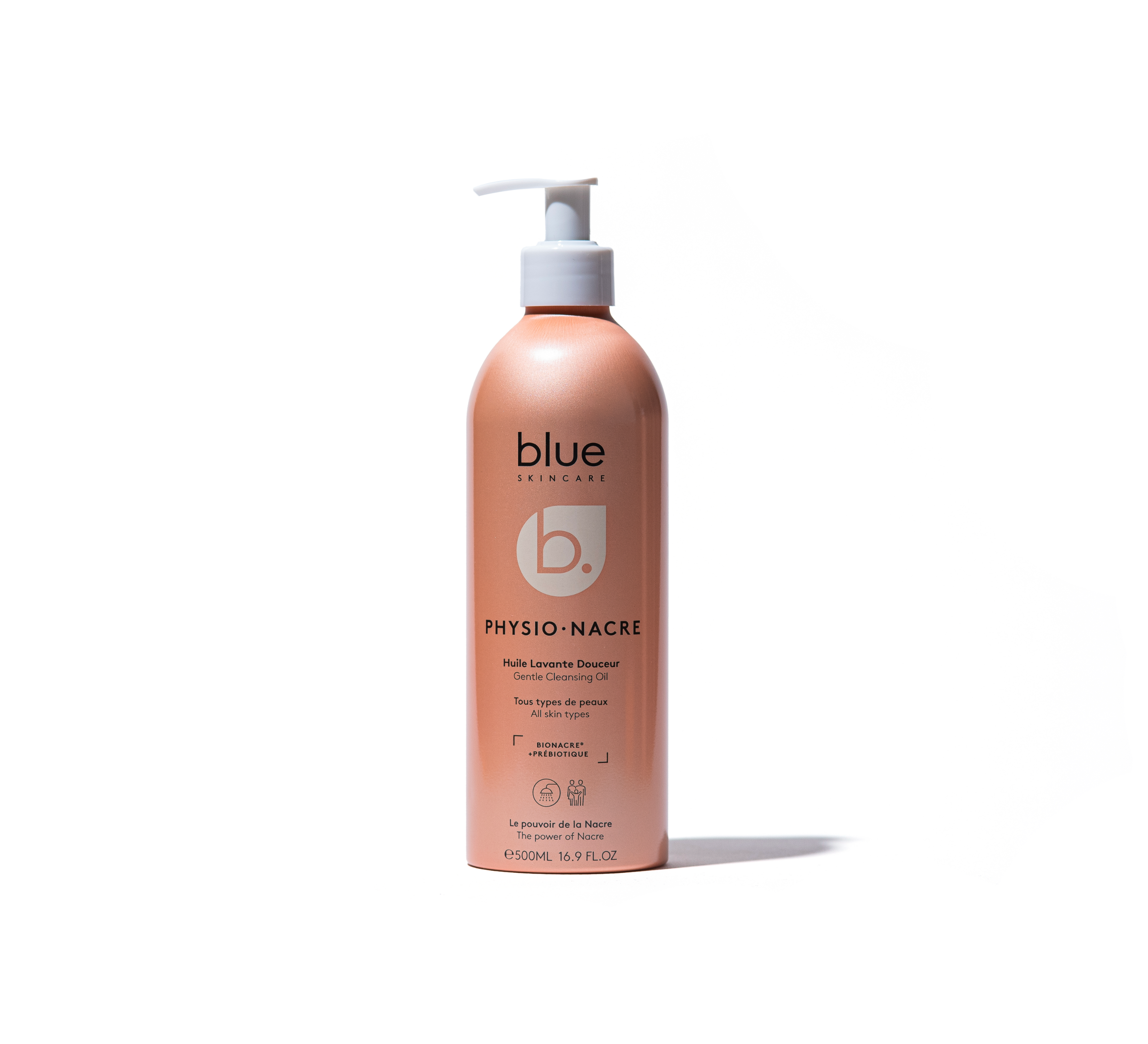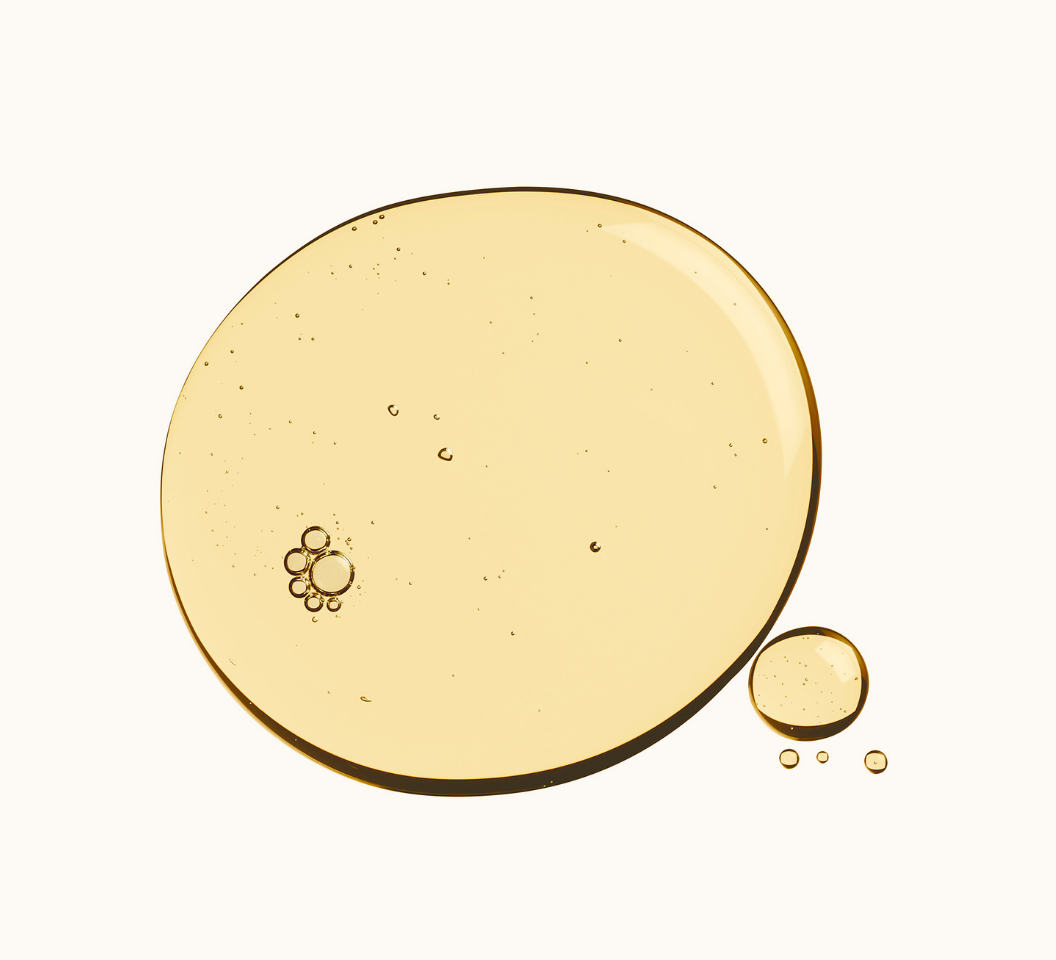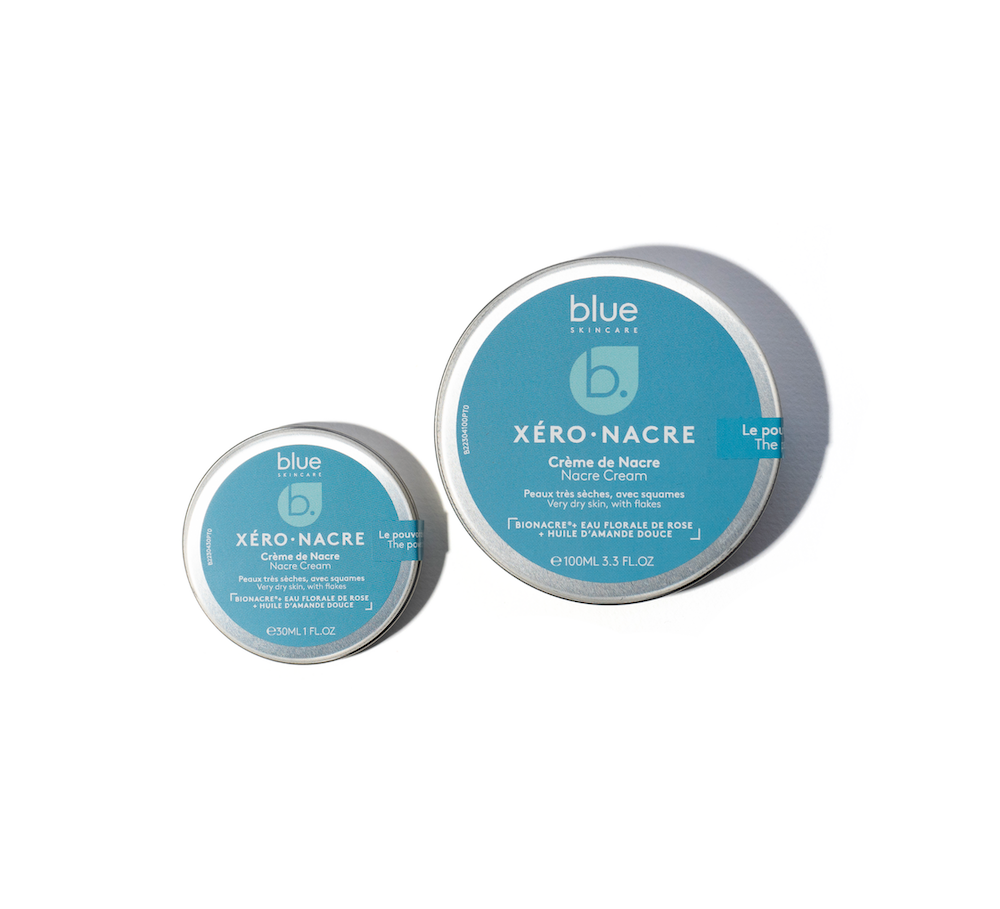Les ventes de compléments alimentaires en France ont traditionnellement été positives, en tout cas, bien moins dynamiques que dans les pays anglo-saxons et asiatiques.
Or, depuis trois ans, ce marché connaît un essor sans précédent dans l’hexagone, grâce aux nombreuses jeunes marques cosmétiques qui arrivent sur le marché avec directement le duo : soin cosmétique + des gélules à avaler. Des propositions alléchantes et esthétiques qui offrent une vision de la beauté plus globale.
Cependant, comment s’assurer que les compléments alimentaires respectent les principes de la Clean Beauty ? C’est-à-dire exempts de polluants ou d’ingrédients suspects ? Autant la législation encadrant les cosmétiques en Europe passe pour être l’une des plus rigoureuses au monde, autant celle pour le marché des compléments alimentaires laisse passer comme un flou… Explications.
Un manque certain de transparence
Voire une grande nébuleuse ! En effet, les compléments alimentaires ne dépendent pas du tout de la réglementation cosmétique européenne. Ils sont bien régis par la réglementation européenne, mais avec moins de contraintes que les cosmétiques, en termes de détails sur les ingrédients.
- Il n’y a pas l’équivalent d’une liste INCI (International Nomenclature of Cosmetic Ingredient) qui donne la composition précise de ce qu’il y a dans le produit cosmétique. Ceci explique pourquoi les applications comme Clean Beauty ou Yuka ne peuvent décrypter les compléments alimentaires. En revanche, ces derniers doivent se soumettre aux allégations autorisées, par ingrédient.
- Une des seules obligations pour les compléments alimentaires est leur dépôt à la DGCCRF (Direction Générale de la Concurrence, de la Consommation et de la Répression des Fraudes).
- Même l’analyse microbiologique n’est pas automatique et des laboratoires de production peuvent vendre des lots aux marques sans l’avoir faite ! (Cependant la plupart de celles-ci l’effectue, fort heureusement.).
- Depuis peu, la partie de la plante utilisée doit obligatoirement figurer sur les packagings, ainsi que la mention ‘nano’. En effet, selon l’arrêté interministériel de 2017 : « Tous les ingrédients des denrées alimentaires qui se présentent sous forme de nanomatériaux manufacturés sont indiqués clairement dans la liste des ingrédients. Le nom des ingrédients est suivi du mot
entre crochets ». Le dioxyde de titane (E 171), colorant utilisé pour blanchir les aliments ou les faire briller, comme les bonbons et les chewing-gums, est particulièrement visé.
Que veut dire clean pour un complément alimentaire ?

Au-delà des actifs naturels ou issus du naturel, reconnaissables et que l’on peut lire sur le packaging (les plantes par exemple), le souci réside davantage dans des processus invisibles ou opaques pour l’utilisateur. Par exemple, la plupart des ingrédients sous forme de poudres sont irradiés, afin de garantir une absence de bactéries (comme certaines spirulines, thés verts, argiles, etc.). Des métaux lourds peuvent être présents. Les extraits de plantes peuvent s’obtenir avec des solvants synthétiques. Lorsque les matières premières viennent de pays hors de l’Europe, notamment de Chine, il y a plus de risques d’avoir des lots ionisés, contenant des OGM, des perturbateurs endocriniens, etc.
La vigilance est de mise
Lorsque vous ne voyez rien de mentionné quant à la provenance des ingrédients ni le détail des processus, demandez des renseignements aux marques. En effet, la plupart d’entre elles font faire leurs compléments alimentaires par des façonniers et n’ont pas toujours l’intégralité des certificats. Comme le précise Fleur Phelipeau, la fondatrice de D-Lab, certaines marques comme la sienne, sont plus sérieuses et exigeantes dans ce domaine avec un service de Recherche et Développement, qui analyse support et solvant, scrute les ratios d’extraction élevés et les titrages en actifs précis. Les actifs utilisés respectent la réglementation CE 1881/2006 concernant la teneur maximale pour certains contaminants comme les métaux lourds et possèdent des certificats des producteurs de matières premières quant à l’absence d’irradiation. Enfin, certains fabricants préfèrent n’utiliser aucun conservateur hormis la vitamine E naturelle, bien évidemment pas de nano ni de perturbateurs endocriniens ni de dioxyde de titane (à vérifier dans la charte qualité). Le vrai plus de ces compléments alimentaires « clean » : une traçabilité totale des lots finis, des produits intermédiaires, des flacons et des attestations prouvant le respect des mesures de sécurité en production.
Et quid de l’assimilation des compléments alimentaires ?
La question de l’assimilation est centrale et souvent occultée. Comment s’assurer que les bienfaits vantés par les compléments alimentaires iront bien jusqu’à l’intestin, qui sont irrités pour la plupart des citadins ? Que les principes actifs seront dûment délivrés à bon port ? L’enveloppe de la gélule a-t-elle été étudiée pour cela ? D’autant que des excipients (sans activité thérapeutique mais utilisés dans la fabrication) et des agents de charge (qui lestent les gélules) entourent souvent les ingrédients actifs.
Claire Nouy, cofondatrice d’Atelier Nubio, confirme « Quand nous avons décidé de nous lancer dans les compléments alimentaires, on nous a proposé énormément de formules coupées à la maltodextrine ». La maltodextrine étant une poudre d’amidon ou de fécule, utilisée comme agent de texture et conservateur, suspectée de freiner l’assimilation des actifs.
De manière générale, afin de s’assurer qu’un complément alimentaire est clean, deux règles prévalent, comme le rappelle François Vix, fondateur de Glisodin, compléments alimentaires anti-oxydants :
- Plus le produit est naturel, issu d’un extrait végétal sain, plus il sera assimilable par l’organisme car les actifs synthétiques ont une efficacité décevante.
- Les mises en avant des propriétés des actifs doivent avoir fait l’objet d’études scientifiques et cliniques rigoureuses publiées dans des revues internationales.
Enfin, il est important de voir si la marque a établi une charte sur son site web, indiquant l’origine géographique (au-delà du pays, de quels champs viennent-ils ?) et naturelle de ses actifs. Garantissant l’absence de pesticides, métaux lourds, une totale traçabilité, etc. À proscrire : les composants chinois.

Pour conclure, il est en premier lieu utile de se faire établir un dosage des vitamines et minéraux avant d’entamer une quelconque cure de supplémentation. Et de bien se renseigner quant aux aspects clean ou non clean des compléments alimentaires. De dépasser le côté attractif proposé par le concept, le design du packaging et l’image véhiculée par Instagram, certaines promesses alléchantes comme améliorer son ‘glow’, afin d’éviter de possibles déceptions.
Reste à considérer que la cosmétique ne fait pas tout le ‘job’ pour la peau et que la nourrir de l’intérieur est d’un intérêt évident. Cela passe par une approche holistique de soi : la qualité de l’alimentation, le sport, les massages, les crèmes, un bon sommeil, une dose d’optimisme et de pensées positives.
Et des compléments alimentaires clean selon ses besoins ! Enjoy !
